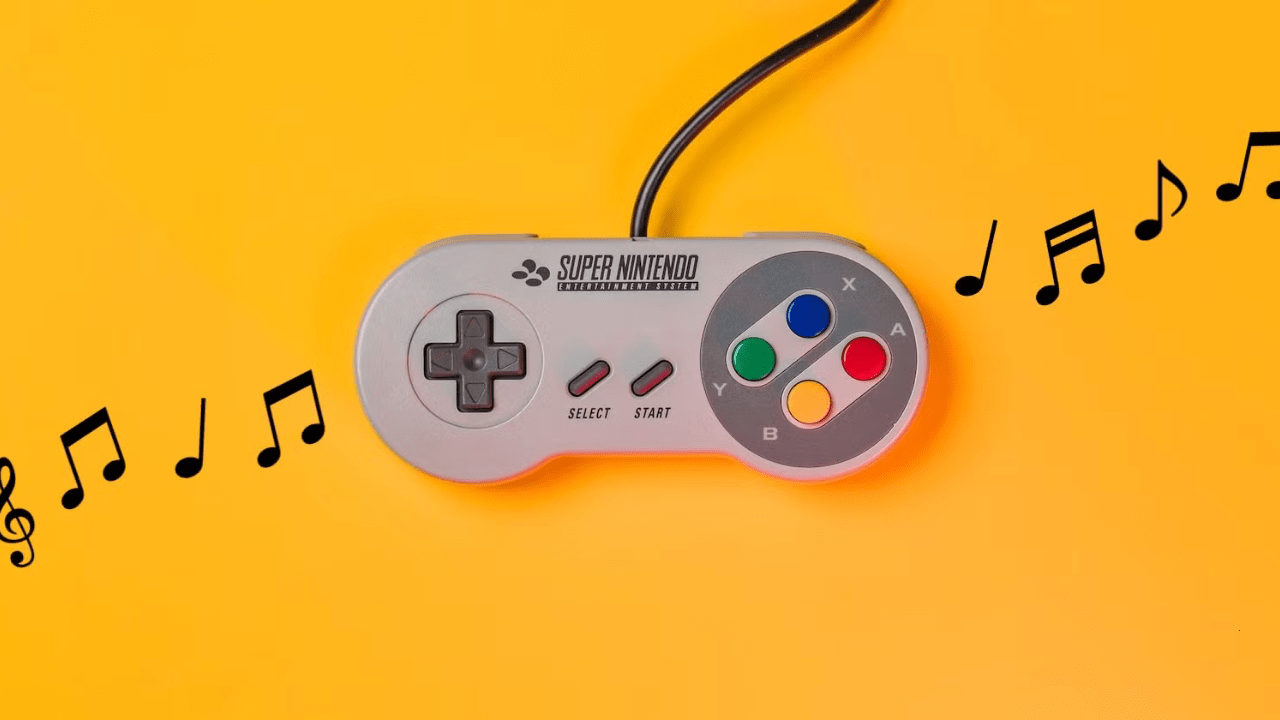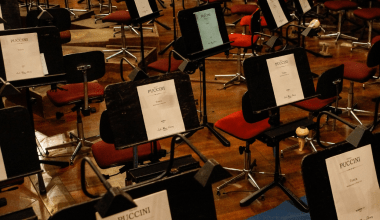Music for video games is more than background sound; it’s a crucial element that enhances storytelling, builds atmosphere, and connects players to the game world. From epic orchestral scores to dynamic soundtracks that adapt to gameplay, video game music has evolved into an art form.
This guide explores the importance of music for video games, the creative process behind it, and how it impacts the player’s experience. Whether you’re a gamer, composer, or enthusiast, understanding the role of music in gaming provides a deeper appreciation for its artistry.
Why Music Matters in Video Games
Music is integral to video games for several reasons:
1. Setting the Mood
The right music creates the perfect atmosphere, whether it’s the tension of a horror game or the excitement of a racing game.
2. Enhancing Storytelling
Soundtracks help convey emotions and plot developments, enriching the narrative experience.
3. Immersion
Music draws players into the game world, making it feel more realistic and engaging.
4. Memorable Themes
Iconic game soundtracks, like those of The Legend of Zelda or Final Fantasy, leave lasting impressions on players.
Types of Music for Video Games
Video game music spans various genres and styles, each suited to different types of games:
1. Orchestral Scores
- Used in epic RPGs and cinematic games.
- Examples: The Elder Scrolls V: Skyrim, Halo.
2. Electronic Music
- Popular in sci-fi and futuristic games.
- Examples: Mass Effect, Cyberpunk 2077.
3. Chiptune
- Evokes nostalgia with 8-bit sounds.
- Examples: Classic Super Mario Bros. and Mega Man.
4. Ambient Soundscapes
- Creates mood in atmospheric games.
- Examples: No Man’s Sky, Journey.
5. Dynamic Music
- Changes based on gameplay actions.
- Examples: The Legend of Zelda: Breath of the Wild, Red Dead Redemption 2.
The Creative Process of Crafting Music for Video Games
Creating music for video games involves collaboration and innovation. Here’s how composers bring soundtracks to life:
1. Understanding the Game
- Collaborate with developers to understand the game’s theme, story, and mechanics.
- Identify moments where music can enhance player emotions.
2. Concept Development
- Create motifs or themes that represent characters, locations, or events.
- Decide on the genre and instrumentation.
3. Dynamic Scoring
- Use adaptive music techniques to match the player’s actions and environment.
4. Integration
- Work with sound designers to ensure music fits seamlessly with sound effects and voiceovers.
5. Testing and Feedback
- Test the music within the game to refine transitions and impact.
Tools and Software for Composing Video Game Music
Composing music for video games requires specialized tools:
1. Digital Audio Workstations (DAWs)
- Popular options: Logic Pro, FL Studio, Ableton Live.
2. Virtual Instruments
- Libraries like Kontakt and Spitfire Audio offer orchestral, electronic, and ambient sounds.
3. Middleware
- Tools like FMOD and Wwise allow dynamic integration of music into games.
4. Synthesizers
- Analog and digital synths are essential for electronic and experimental soundtracks.
Challenges in Creating Music for Video Games
Composing for video games comes with unique challenges:
1. Dynamic Requirements
Music must adapt to player actions, requiring intricate design.
2. Technical Limitations
Older systems have memory constraints that limit music quality.
3. Balancing Music and Gameplay
Music should enhance, not overpower, the gaming experience.
4. Tight Deadlines
Game development often involves strict timelines, leaving little room for revisions.
Iconic Video Game Soundtracks
1. The Legend of Zelda Series
- Composer: Koji Kondo
- Known for its adventurous and emotive themes.
2. Final Fantasy Series
- Composer: Nobuo Uematsu
- Features intricate orchestral and piano pieces.
3. The Witcher 3: Wild Hunt
- Composers: Marcin Przybyłowicz, Mikolai Stroinski
- Blends Slavic folk influences with epic orchestration.
4. Undertale
- Composer: Toby Fox
- A minimalist yet powerful score that adapts dynamically.
5. Halo Series
- Composers: Martin O’Donnell, Michael Salvatori
- Known for its iconic Gregorian chant and orchestral arrangements.
How Music for Video Games Enhances Player Engagement
- Emotional Connection
Players form emotional bonds with games through music that mirrors their journey. - Guiding Gameplay
Music cues can indicate danger, objectives, or achievements. - Replay Value
A memorable soundtrack encourages players to revisit the game. - Brand Identity
Strong musical themes make games instantly recognizable.
Tips for Aspiring Video Game Music Composers
- Study Iconic Soundtracks
Analyze the structure and techniques used in popular games. - Master Your Tools
Learn DAWs and middleware to compose and integrate music. - Network with Developers
Join game development forums or attend industry events to connect with creators. - Experiment with Genres
Explore various musical styles to broaden your portfolio. - Stay Updated on Trends
Follow advancements in game audio technology and dynamic scoring techniques.
Conclusion
Music for video games is an art form that enhances immersion, emotion, and storytelling. From nostalgic chiptunes to dynamic orchestral scores, soundtracks play a vital role in shaping the gaming experience.
For composers, creating music for video games offers an exciting blend of creativity and technical challenge. For players, it deepens the connection to the game world.
Related Articles:
For further reading, explore these related articles:
- My Music Video: Create, Promote, and Share with Success
- Vevo Music: The Ultimate Platform for Music Videos
For additional resources on music marketing and distribution, visit Deliver My Tune.






